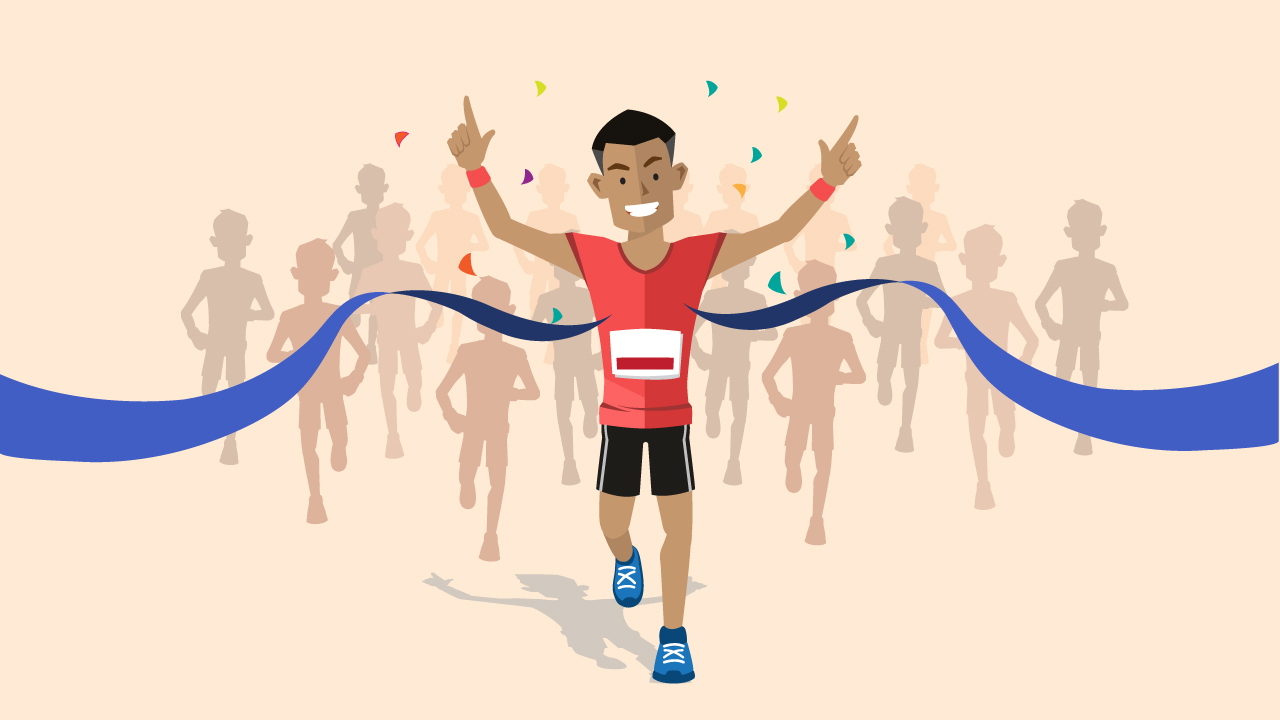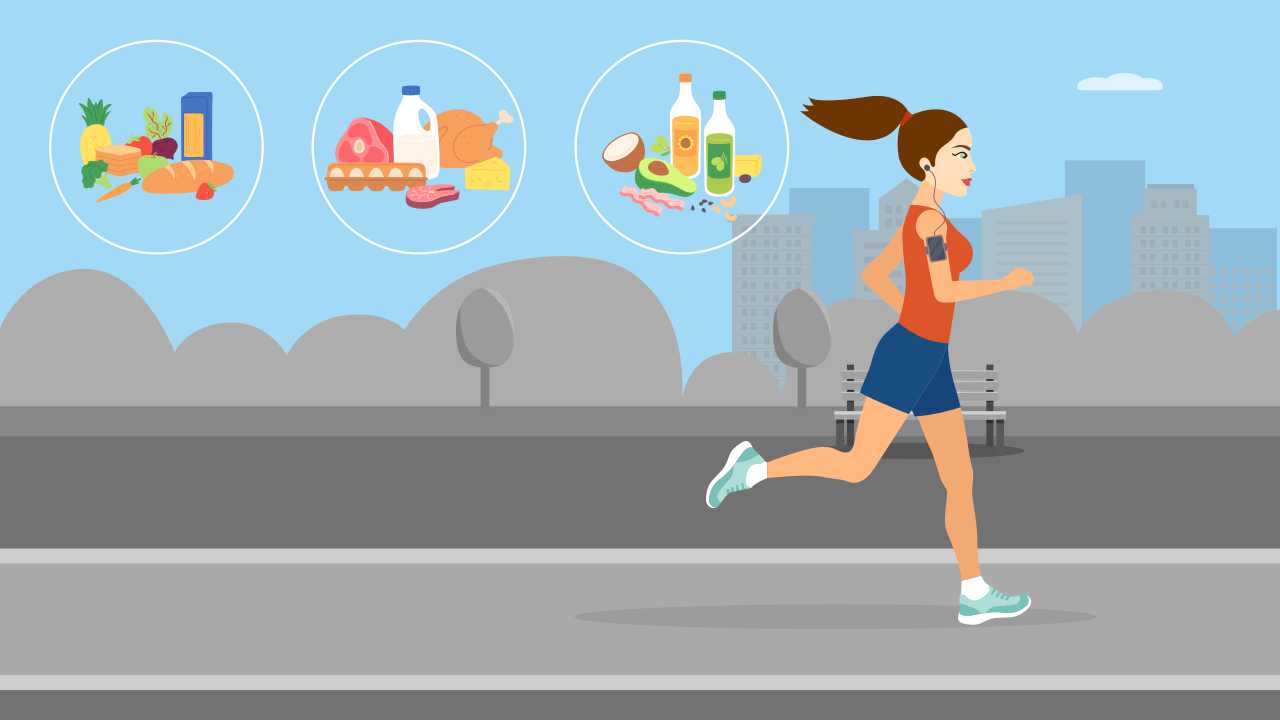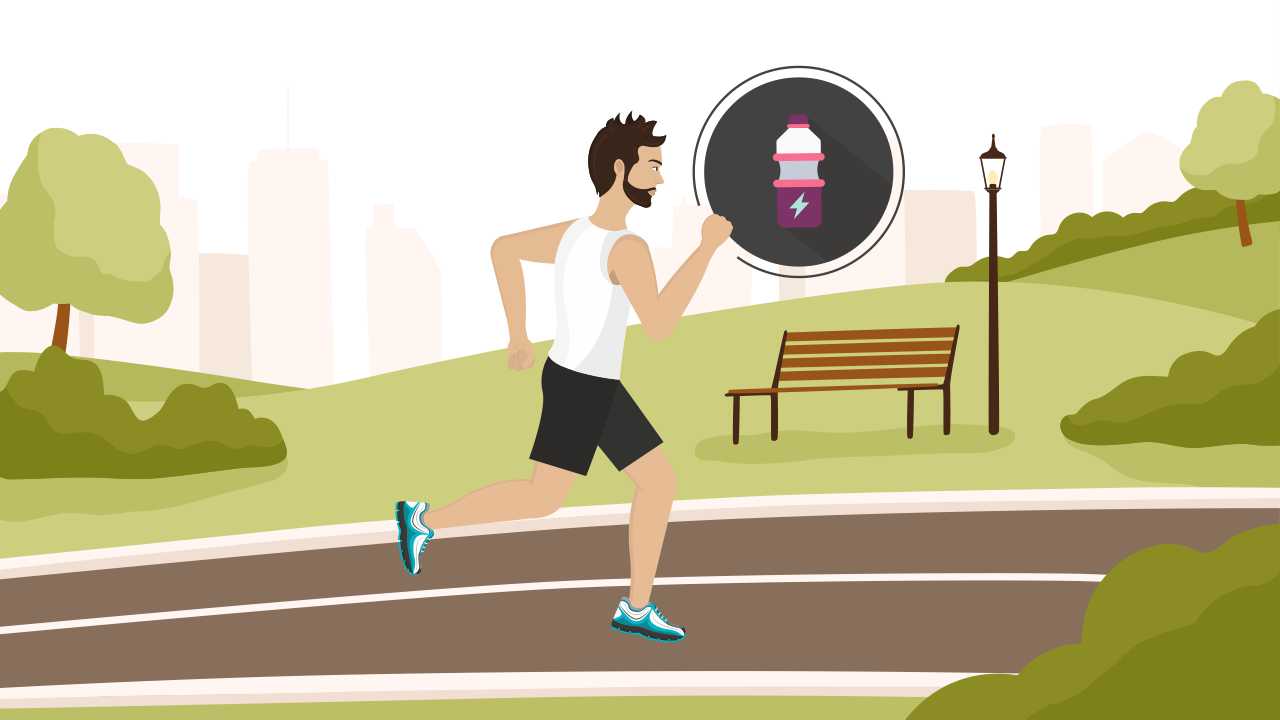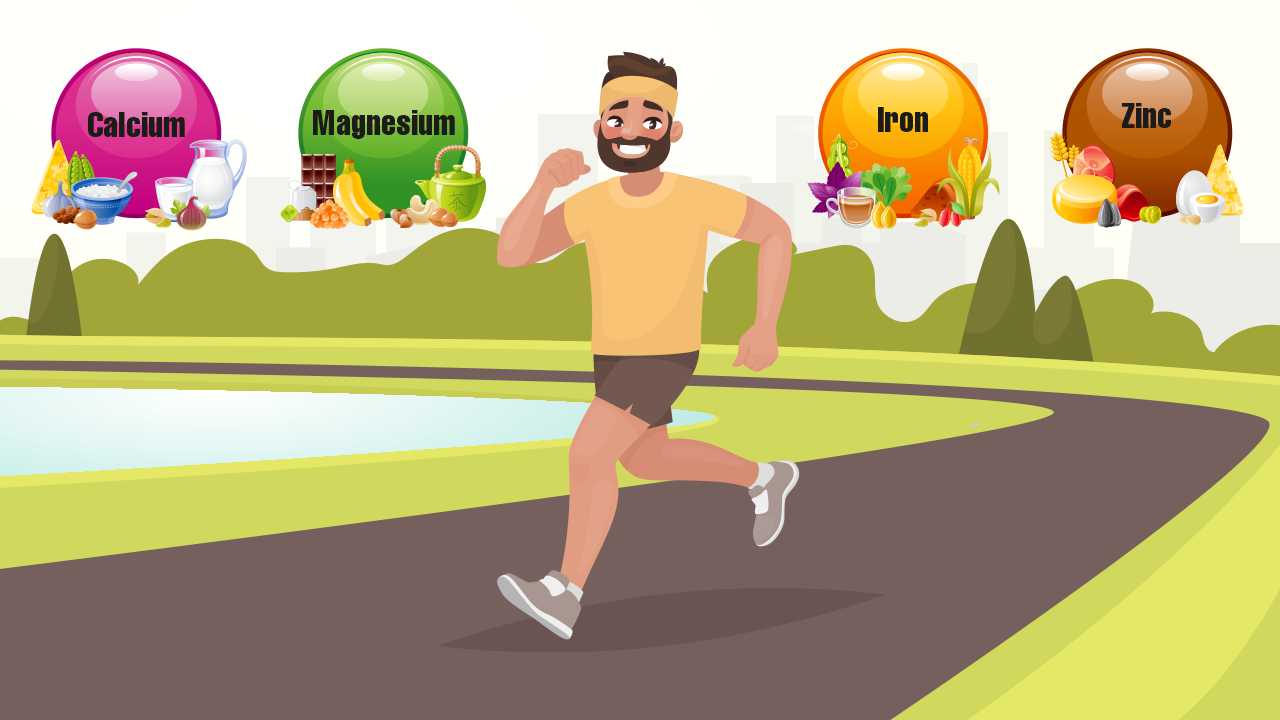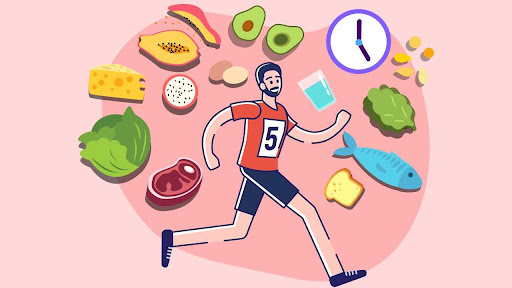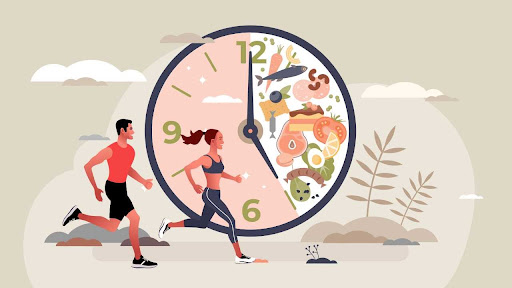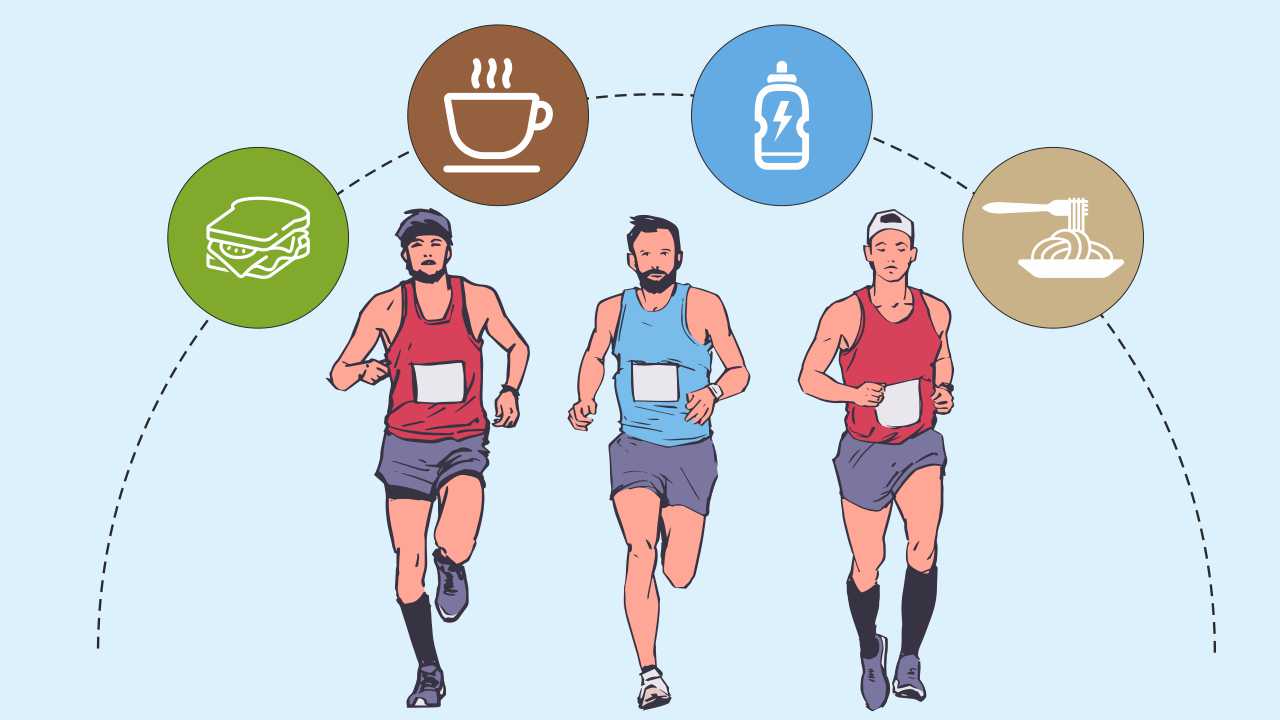
Can Caffeine Help with Running Performance?
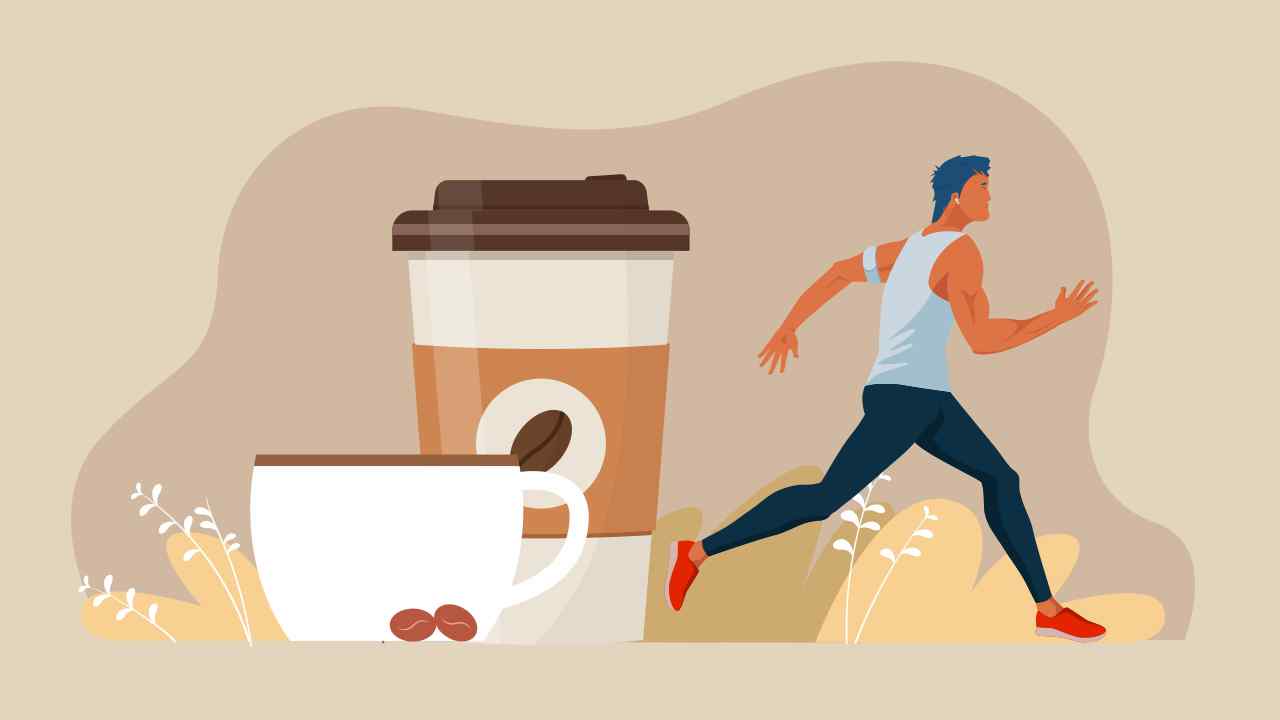
Caffeine is a psychoactive substance, which is a natural stimulant found in plant sources like tea, coffee, and cacao. Caffeine affects our central nervous system. It crosses the blood-brain barrier to stimulate the Central Nervous System (CNS), which leads to alertness and reduces the perception of tiredness. This stimulation is also known as the caffeine kick. For runners, this pre-workout caffeine kick can improve focus, increase alertness, enhance mood, and reduce fatigue.
Caffeine may also increase your running speed because of mental stimulation. It may delay the time to exhaustion and increase tolerance to fatigue. So, with caffeine, you can run at a better speed for a longer duration without feeling exhausted, thereby improving your overall performance.
Also Read: Superfoods for Runners: How They Help Improve Performance
The body’s response to caffeine may differ among individuals. While some may experience gastric issues, such as nausea and diarrhea, or feel jittery when they drink coffee pre-workout, others may not have any of these problems.
If you do not face any issues after consuming caffeine, you may have your coffee pre-workout to benefit from its effects.
How much caffeine do you need to improve performance?
When 6mg/kg bodyweight caffeine is ingested 45-60 minutes before running, performance improvements are observed frequently. Here is a table depicting the caffeine content in common beverages.
| Drink | Caffeine content per 30ml |
| Espresso cup | 40mg |
| Tea | 3-6mg |
| Soft drinks | 3-5mg |
Studies also state that lower doses like 3mg/kg body weight of caffeine show similar effects on running activities. However, higher doses of caffeine, such as 9mg/kg do not show any additional improvements. So, over-consuming caffeine may cause side-effects at the expense of the benefits. Moreover, caffeine provides the most ergogenic (performance-enhancing) benefit in temperatures between 12°C and 33°C. Habitual caffeine drinkers might need to increase their dosage to reap the ergogenic benefits.
Also watch: Does caffeine increase running performance?
Caffeine products for runners
It is observed that caffeine is much more effective when combined with sucrose or a carbohydrate source, such as a sports drink. This combination provides a glycogen-sparing effect. So, it does not utilize glycogen or glucose as a source of energy. Instead, it uses fat for energy and delays exhaustion.
Caffeine from natural sources might contain some components, such as vitamins and methylxanthines, that can interfere or interact with its effects. So, it can be a wise choice to supplement it if it suits you. Caffeine supplementation is a good option to get caffeine from one source. A few caffeine supplements are:
- Sports gel with caffeine have 100mg of caffeine per serving
- Caffeine tablets that have 30mg of caffeine per tablet
- Pre-workout drinks with other stimulants
Also Read: Supplements: How Do Runners Benefit
Side-effects of caffeine for runners
Having more than 6mg/kg body weight of caffeine can result in various side-effects, such as:
- You may feel jittery and irritable
- Feeling nauseous
- You may have headaches and migraines, which can adversely affect your performance
- You may face trouble falling asleep; so, if you already have sleep disturbances, consider skipping caffeine or restrict your intake to 3mg/kg body weight before running
What should runners remember while having caffeine?
Here is a list of points to keep in mind while consuming caffeine:
- Consult an expert before taking caffeine supplements and pre-workout drinks
- Target on having 3mg/kg-6mg/kg body weight of caffeine 45-60 minutes before the race
- Refrain from consuming too much caffeine as its side-effects can impact your performance
- Try products with caffeine during the training period
- Avoid caffeine for seven days before the race to achieve the best results
- Limit the intake of caffeine in the day for minimal side-effects and sound sleep
- Do not have any caffeine drinks post 5pm or six hours before bedtime for better sleep and post-run recovery
Now that you may have an understanding of the role of caffeine in running, consume it wisely to derive optimum benefits.
References
1. Tarnopolsky MA, Atkinson SA, MacDougall JD, Sale DG, Sutton JR. Physiological responses to caffeine during endurance running in habitual caffeine users. Medicine and Science in Sports and Exercise. 1989 Aug;21(4):418-424.
2. Ganio MS, Klau JF, Casa DJ, Armstrong LE, Maresh CM. Effect of caffeine on sport-specific endurance performance: a systematic review. J Strength Cond Res. 2009 Jan;23(1):315-24. doi: 10.1519/JSC.0b013e31818b979a. PMID: 19077738.
3. Ganio, Matthew S; Klau, Jennifer F; Casa, Douglas J; Armstrong, Lawrence E; Maresh, Carl M Effect of Caffeine on Sport-Specific Endurance Performance: A Systematic Review, Journal of Strength and Conditioning Research: January 2009 – Volume 23 – Issue 1 – p 315-324 doi: 10.1519/JSC.0b013e31818b979a
4. Melanie A. Heckman, Jorge Weil, Elvira Gonzalez De Mejia. Caffeine (1, 3, 7-trimethylxanthine) in Foods: A Comprehensive Review on Consumption, Functionality, Safety, and Regulatory matters.https://doi.org/10.1111/j.1750-3841.2010.01561

